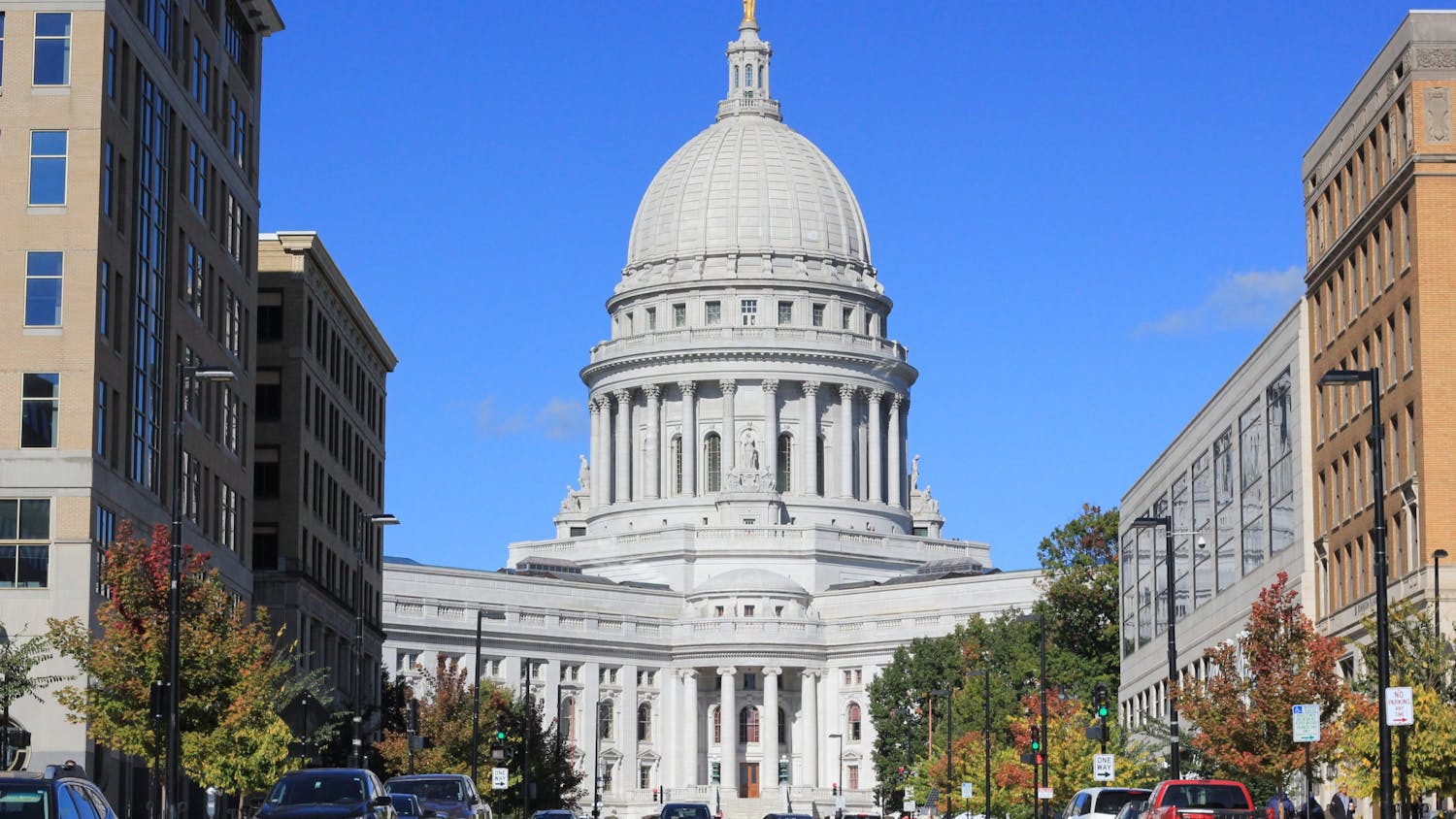The City of Madison is sponsoring a Halloween Community Meeting today at 7:30 p.m. in the Old Madison Room of Memorial Union to discuss safety issues regarding The Killer Party this weekend on State Street.
District alders, city agencies and mayor's office representatives will meet with area businesses, community members and university representatives.
Buses will not be on State Street and bicycle racks will be removed Oct. 30 to accommodate for large crowds. Police will ban glass objects in the State Street area from 10 p.m. to 6 a.m. on Friday and Saturday, and will require area businesses with outdoor seating to remove furniture and partitions starting Thursday.
The meeting will also highlight entertainment for the weekend, including a music stage set up on Nov. 1 from 6 p.m. to 1 a.m. on the 700 block of State Street and events going on at Memorial Union.
The Capital Times, citing unnamed legislative sources, reported Saturday that two American Indian tribes have purchased mining rights to the controversial Crandon site in northeastern Wisconsin.
The paper reported the Forest County Potawatomi and the Sokaogon, or Mole Lake, Chippewa negotiated a deal with property owner Nicolet Hardwood Corp. The company, owned by Gordon Phelps Connor and his son, Gordon R. Connor, will retain logging rights to the site, and the tribes will own the mineral rights under the reported deal.
The copper and zinc-filled mine has created conflict since Exxon Corp. first proposed mining it in the 1970s. Former Gov. Tommy Thompson and the state Legislature passed a moratorium on sulfide mining in 1998 that prohibits mining on any site unless the company can prove that a similar mine has been pollution-free for at least 10 years and then closed for a decade with no further signs of pollution.
UW-Madison will join the Mental Health Center of Dane County, Inc.'s new Adolescent Trauma Treatment Program, which evaluates assessment and treatment services for adolescents who have experienced trauma.
The ATTP will expand services to adolescents exposed to family and community abuse and will also research the relationship between trauma and substance abuse.
While many national trauma centers focus on young children, UW-Madison and ATTP will focus primarily on adolescents. Faculty, staff and students of the UW-Madison psychology department will work with ATTP staff and clients to monitor the effects of various treatments in search of better understanding of children exposed to physical and mental abuse.
ATTP involves Dane county schools, detention centers, community centers and other treatment programs. UW-Madison will share its data with these other centers to create a scientifically informed national policy.
ATTP is supported by a $1.6 million grant from the U.S. Department of Health and Human Services.





